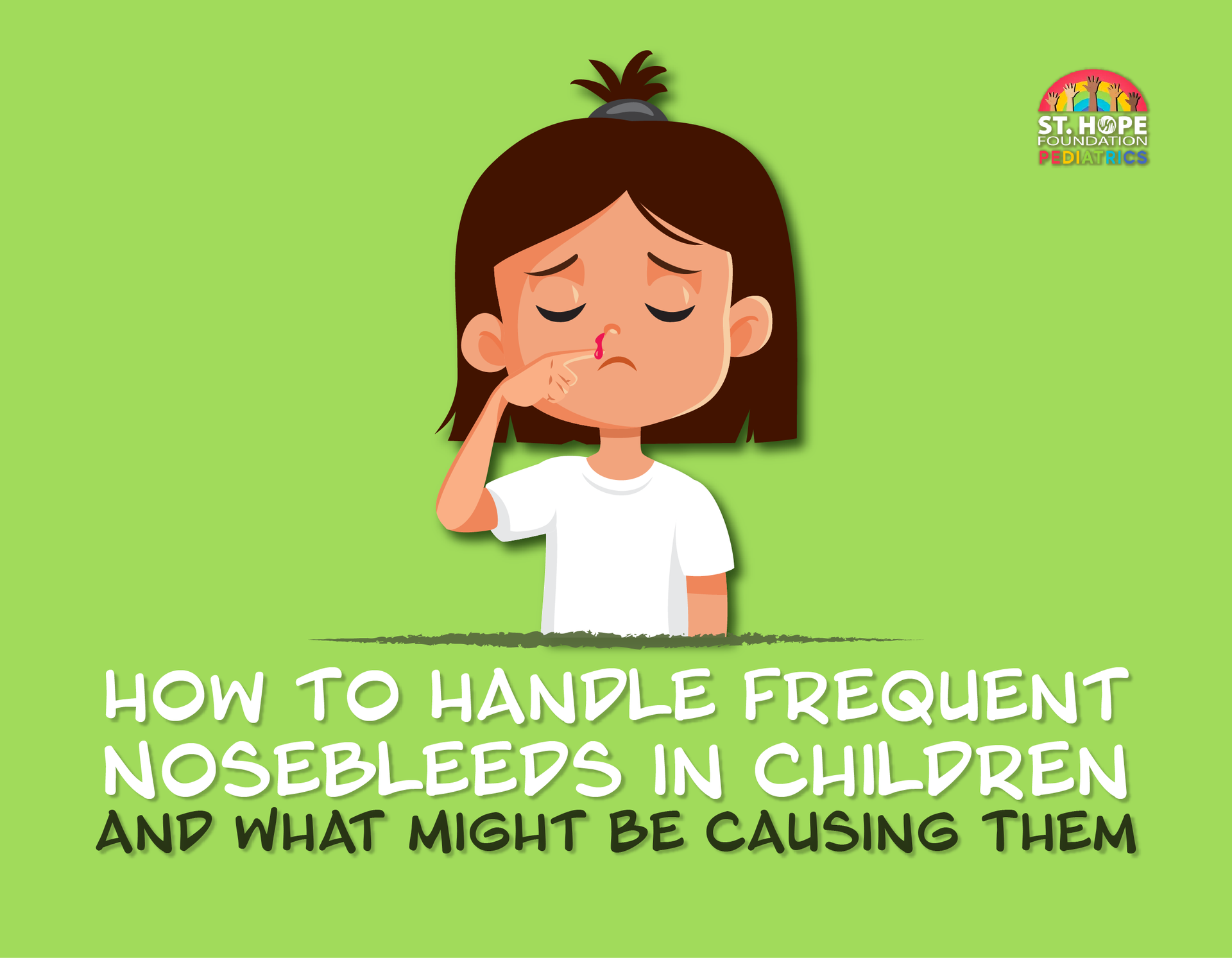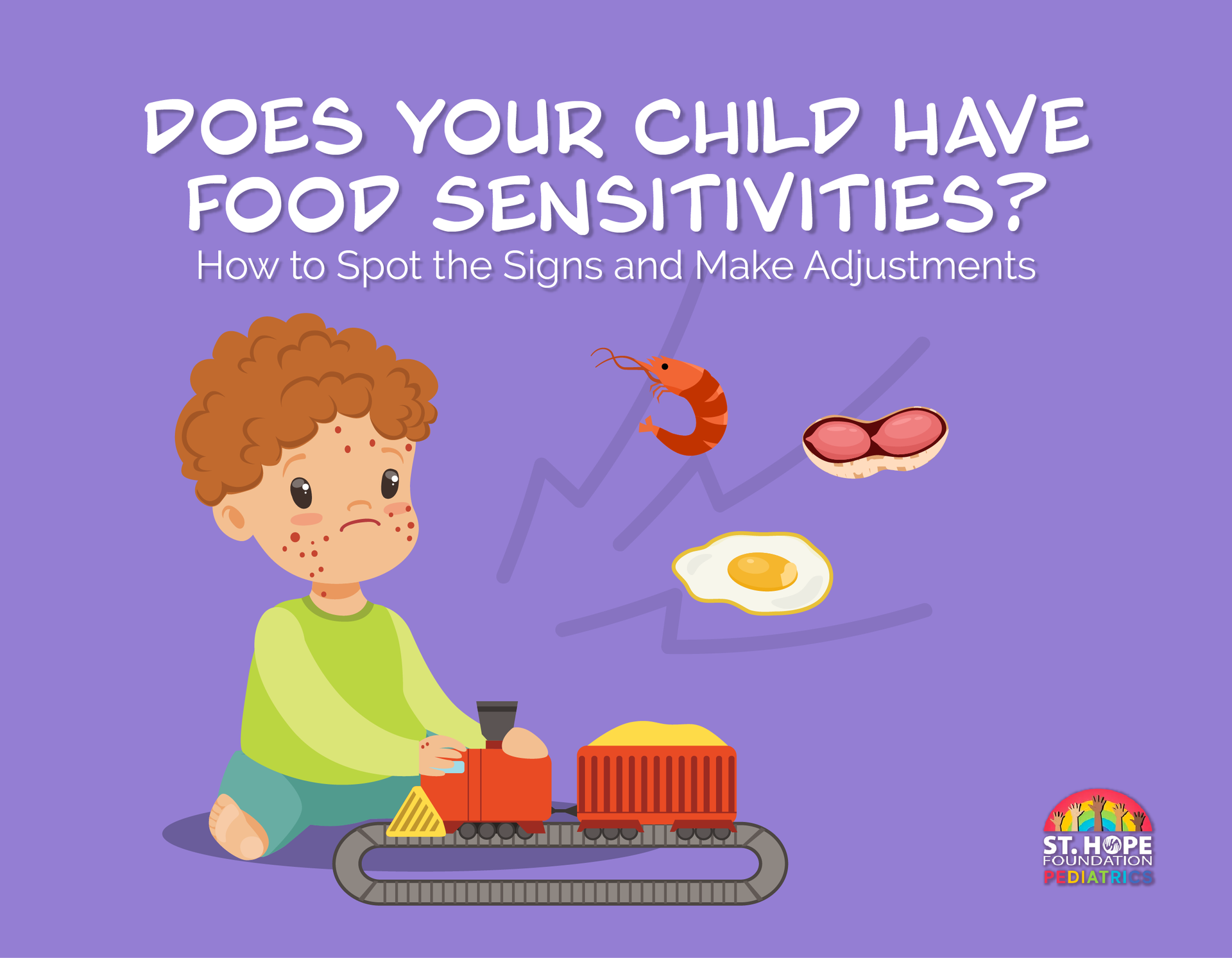
Starting your baby on solid foods is an exciting milestone and can be a fun learning experience for both of you. Knowing the right time to introduce solids, along with some practical tips and first food suggestions, can help make this transition smoother and enjoyable.
This stage is all about exploring new tastes and textures. With a few simple steps, you can feel confident that you are helping your little one develop a healthy appreciation for a diverse variety of foods and flavors.
When to Introduce Solid Foods
The American Academy of Pediatrics (AAP) recommends introducing solid foods around six months of age. Before this, babies generally get all the nutrition they need from breast milk or formula. Introducing solids earlier than four months is not advised, as it can increase the risk of choking and digestive issues. By six months, most babies are ready to try solids, though readiness can vary slightly for each child.
To determine if your baby is ready, look for these signs:
- Good Head Control:
Your baby should be able to sit up with little support and hold their head steady.
- Interest in Food:
If your baby watches you eat, reaches for food or seems curious about what’s on your plate, it might be time to start introducing solids.
- Loss of Tongue-Thrust Reflex: Babies are born with a reflex to push solids out of their mouths with their tongues. By six months, this reflex diminishes, making it easier for them to swallow soft foods.
How to Introduce Solid Foods
Once your baby shows signs of readiness, start with simple, single-ingredient foods. Begin with a small amount (around a teaspoon) and gradually increase the quantity as your baby gets used to new tastes and textures.
Here are some tips to help make the process easier:
- Start Slow: Offer a small amount of food once a day to start. As your baby becomes more comfortable, you can increase the frequency.
- Choose the Right Time: Pick a time when your baby is not too hungry or tired. Mid-morning or early afternoon may be ideal.
- Use a Small Spoon: Start with a soft-tipped spoon to protect your baby’s gums. Make the experience enjoyable by maintaining a relaxed pace.
- Be Patient: It may take several tries before your baby accepts a new food. Keep the experience positive, even if your baby seems unsure initially.
Best First Food Choices
Iron-Fortified Cereal
Iron is essential for your baby’s brain development. At around six months, breastfed babies begin to need additional sources of iron. Iron-fortified cereals, such as rice or oatmeal, are a common first food. Prepare it with breast milk or formula to create a smooth, thin consistency. Start with a single-grain cereal to minimize potential allergens. Once your baby tolerates it, you can explore other grains.
Pureed Vegetables
Vegetables like sweet potatoes, carrots and peas are nutrient-dense and provide essential vitamins. Start with pureed single vegetables to allow your baby to become accustomed to different flavors. Sweet potatoes and carrots are great because they are naturally sweet and provide vitamin A, which supports eye health and immune function.
Pureed Fruits
Fruits like apples, pears and bananas are naturally sweet and easy to digest. Bananas, in particular, are a great first fruit due to their creamy texture and potassium content, which supports muscle and nerve function.
Be cautious with citrus fruits at first, as they can be acidic and may cause stomach upset in some babies.
Protein Sources
After introducing fruits, vegetables and cereals, you can start adding soft proteins like pureed chicken, turkey or beans. These are great sources of iron and other essential nutrients. Choose single-ingredient options and blend them to a smooth consistency.
If your family follows a plant-based diet, beans and lentils are excellent alternatives.
Full-Fat Yogurt
After six months, plain, full-fat yogurt can be a beneficial addition to your baby’s diet. It’s a good source of protein and calcium and can help promote gut health.
Avoid flavored yogurts, which often contain added sugars. Introducing yogurt can also help your baby’s palate adjust to new flavors and textures.
Foods to Avoid in the First Year
Some foods should be avoided until your baby is at least a year old due to the risk of allergies or digestive issues:
- Honey: Honey can contain bacteria that cause botulism, a rare but serious illness in infants.
- Cow’s Milk:
While yogurt and cheese can be introduced after six months, cow’s milk as a primary drink should be avoided until one year. It can be difficult to digest and lacks essential nutrients for infants.
- Salt and Sugar:
Avoid adding salt or sugar to your baby’s food. Babies have sensitive taste buds, and it’s best to let them develop a taste for natural flavors.
- High-Allergen Foods: While research shows that introducing common allergens (like peanuts) early may help prevent allergies, do so under pediatric guidance if your baby has a family history of food allergies.
Watching for Allergies
When introducing a new food, watch for signs of allergic reactions such as rashes, swelling or difficulty breathing. Introduce one new food at a time and wait three to five days before trying another. This gradual method of introduction can make it easier to identify any potential allergens.
Parents often benefit from discussing food choices with their pediatrician prior to making dietary decisions due to allergy concerns. Studies performed since 2008 have tracked a significant difference in peanut allergy rates among children based on their diet in their first year of eating solid foods.
Some studies suggest introducing peanut products to high-risk infants between the ages of four and 11 months led to an 80 percent relative risk reduction in the development of peanut allergies by age five. These findings prompted a shift in pediatric guidelines starting in 2017, when the National institute of Allergy and Infectious Disease updated recommendations to advocate for the early introduction or peanut-containing foods to most infants.
The sometimes competing expert consensus on food allergies and early solid food choices for babies has led to understandable confusion among parents over the past 20 years. This is why it’s often best to discuss your concerns and the ideal dietary approach for your baby with an experienced pediatrician before you begin introducing solid foods.
Let Us Help You Support Your Child’s Growth and Development in Houston
At St. Hope Pediatrics, we’re dedicated to guiding families through every milestone with personalized care and expertise in our pediatric services.
Contact us today or give us a call at (713) 778-1300 to schedule a consultation or discuss any concerns you may have about introducing solids, or any other aspects of your baby’s health.













